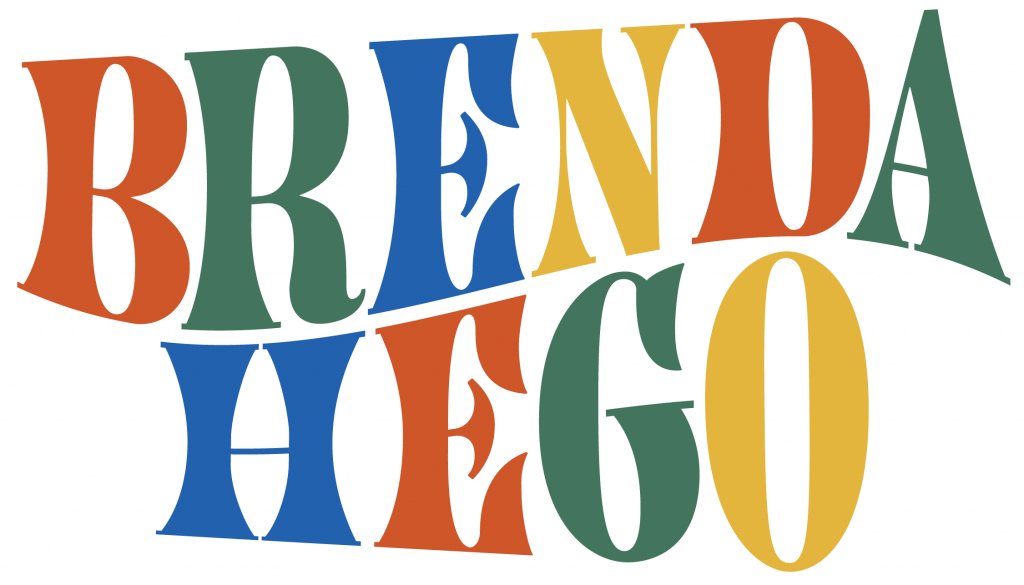WHAT
The field I’m researching is the limitations creative international students (IS’s) face in relation to them becoming self-employed and the IS communities in the US and the UK. In total, the areas contributing to the field are creative IS’s, the self-employment economy, and the creative economies in the US and the UK.
Such areas coming together led me to the question:
How can industry growth in relation to creative self-employment be more leveled for international students to match that of domestic students?
WHY
The reason this subject area is of value to me is because as domestic students become able to work for themselves if they wish, they gain certain industry advantages that IS’s are unable to match due to the visa restrictions that limit them from freelancing legally.
A way in which IS’s could potentially put their creative work out there in a similar way to that of domestic student freelancers is by providing their works for free. However, doing work for free feeds a cycle of unpaid work that has disproportionally affected creatives throughout the years in comparison to non-creatives. This issue also contributes to the idea that work by artists shouldn’t be held in high regard – that it’s not as valuable to the art consumer as much of other types of work are.
HOW
I’ll accomplish my project through an early intervention consisting of showing two pieces of work to stakeholders, one by an IS creative and one by a domestic student to see if they can recognize which is made by who. The initial results showed between 70% and 90% of respondents couldn’t tell which work was made by an IS and which by a domestic student, demonstrating that it’s not easy to tell which piece of work was made by which student.

Then, I’ll engage stakeholders in a platform where IS’s can “sell” their creative work. Given the visa restrictions that prohibit IS’s from profiting from freelancing, the profits from the work sold would go directly to a non-profit chosen by the IS or/and to the non-profit that supports the student platform. The non-profit supporting the platform would exist as a resource for IS’s to find guidance in regards to studying abroad, immigration, jobs, etc., and would also be a space where IS’s can network with others and contribute to a zine. The platform’s main goal would be to showcase IS’s works and give them the recognition that they deserve from art buyers or commissioners.
In support of the platform, a second step to take would be creating a campaign pushing forward the movement for IS’s to become able to be self-employed, with a focus on creative IS’s.
WHAT IF
In the long run, the campaign could be successful and international students could gain the right to be self-employed during their studies. If I achieve promoting a more leveled playfield for international students to be able to participate in the same creative practices of domestic students I believe that they will stop falling behind in opportunities with clients and art buyers. It could encourage more students from around the world to come to the UK and the US and enroll in universities knowing that they have a greater chance to support themselves financially.
